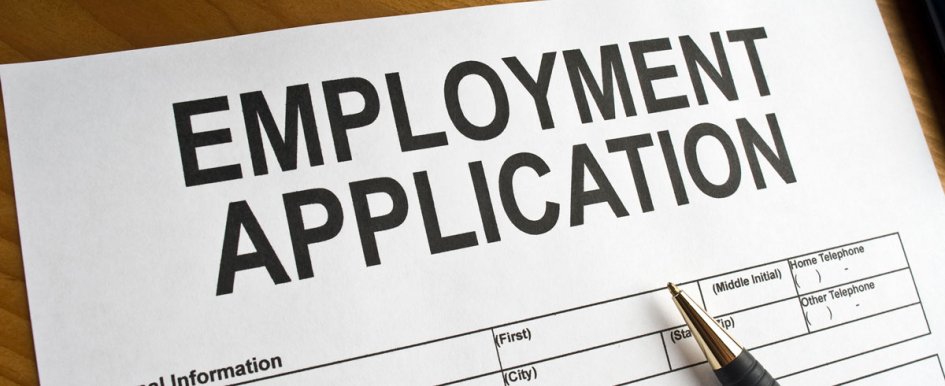
The California Assembly will soon vote to determine whether it should be illegal for employers to ask applicants if they have been conflicted of a felony. If the bill is passed, California will become the 10th state in the nation to “Ban the Box” for private employers. Nationwide, over 150 cities and counties have similar laws on the books.
Also known as the Fair Chance Act, “Ban the Box” stipulates that employers cannot ask job candidates about their criminal history prior to meeting with them and discussing a job offer.
Currently, 92 percent of employers require applicants to reveal whether they have a criminal background. However, this is slowly changing. Target banned the box in 2013, and while in office, President Obama asked federal agencies to ban the box as well. Many other major corporations have also made the decision in recent years to remove criminal history questions from their applications. These companies include Starbucks, Facebook, Home Depot and Bed Bath & Beyond.
Why Ban the Box
Employers are making the choice to remove questions about criminal backgrounds from their applications because it is seen as a major deterrent for those seeking to rebuild their lives following a conviction. Over 70 million people in the United States have been convicted of a crime, and having a criminal background has been shown to reduce a job applicant’s chance of a callback by nearly 50 percent, according to a study from the National Employment Law Project. Banning the box does not mean that employers can never ask applicants about their backgrounds, it simply ensures that the applicant will at least be able to get his/her foot in the door.
Why Some People Are Not Happy
Not everyone is pleased with the Fair Chance Act. In the wake of workplace violence tragedies, the idea of ditching criminal background questions is circumspect to many people. It is estimated that 1.7 million people are injured each year as a result of workplace violence, and critics fear that banning the box will only make this number increase.
Additionally, proponents of the law say that banning the box will actually lead to an uptick in racial discrimination. Since they will be unable to ask questions regarding past arrests, some critics say that employers will instead generalize based on a person’s name or other information included in the application.
These dissenters point to a recent study in which researchers submitted thousands of fictitious job applicants to companies, with the main difference in these resumes being the person’s name and presumed ethnicity (for example, an applicant named Scott versus an applicant named Tyrell).
The researchers performed this study both before and after Ban the Box went into effect in certain cities, and they found that the presumed African-American applicants were four times less likely to get a callback when the criminal background questions were removed.
Presumably, in lieu of the ability to weed out applicants with a criminal history, employers instead practiced racial discrimination, such as “A person named Tyrell probably has more of a chance of having a criminal background when compared to a person named Scott.” Then, Tyrell’s application gets tossed to the bottom of the pile, even if he has never committed a crime in his life. Ban the Box critics point to this study (as proof that it can actually lead to more discrimination, not less).
Study authors Jennifer L. Doleac of the University of Virginia’s Frank Batten School of Leadership and Public Policy, and Benjamin Hansen of the University of Oregon, say, “There is rapidly-increasing evidence that [banning the box] has unintentionally done more harm than good when it comes to helping disadvantaged job-seekers find jobs … [our] findings support the hypothesis that when an applicant’s criminal history is unavailable, employers statistically discriminate against demographic groups that are likely to have a criminal record.” Talk about the law of unintended consequences.
Whatever your personal opinion on banning the box, one thing is for certain: Employers will have much more legwork when it comes to staying on top of changing legislation. They will also have to grapple with potential litigation and penalties.
Many employers may opt to outsource their hiring to employment firms, as it could be more cost-effective and might remove some of the legal headache associated with the process.
